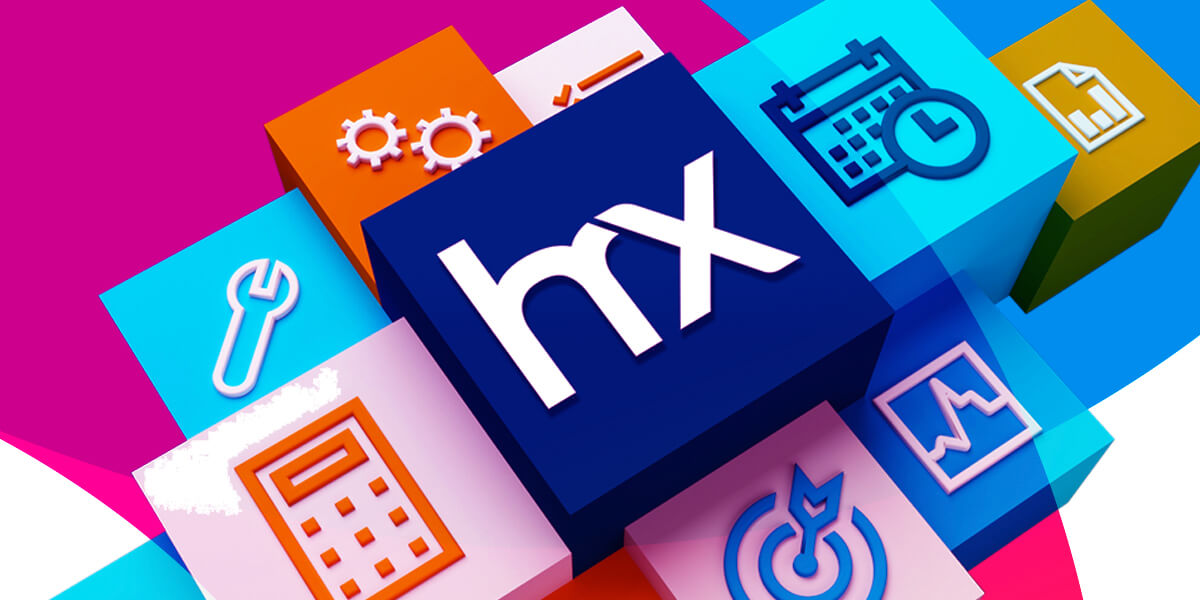As an employer, you will gather a whole host of information and data about your staff. If you use paper records or a mix of paper and spreadsheets, it becomes difficult and highly time-consuming to keep the information and data up-to-date, let alone carry out any meaningful assessment and analysis of it. By implementing an HR software system, you are starting down the right track towards effectively evaluating HR metrics.
In this blog, we look at some of the top HR metrics you should be tracking to help streamline your HR processes. First, let’s take a look at what HR metrics are.
What are HR metrics and why are they important?
HR metrics need not be overly complex and the basic concept of HR metrics is pretty simple to understand. The recruitment website Indeed describes HR metrics as “indicators used to measure the effectiveness of HR responsibilities and initiatives”.
“What gets measured, gets done”, is a quote that is often heard and is widely attributed to business guru Peter Drucker. In the context of HR software, looking at people-related HR metrics can tell you all sorts about your business and therefore by measuring and evaluating information and data you can identify trends, what is going well and where changes might be required so that decisions are made and things get done.
Forbes provides a fantastic and insightful summary of the importance of HR metrics, “Human resource metrics are like an essential pair of glasses—without them, workplace data is visible but unintelligible. With the right lenses, patterns, trends and discrepancies come into focus and organisations can approach decision-making processes with a clearer picture of reality”.
The 4 best HR metrics you should be tracking
As long as you collect HR data, you can measure and report on pretty much anything and everything to make data-driven decisions. What HR metrics are important will vary from one business to another, and even when a business decides on a particular set of metrics, those metrics may change over time as the business, its workforce and its operating environment develop and transform. The below four HR metrics though relate to core HR issues that can have a real impact on your business.
Absenteeism
Sickness absence is costing the UK economy £43bn a year according to a recent article in The Guardian, whilst the CIPD’s 23rd annual Health & Wellbeing at Work report shows that sickness absence rates are at their highest in over a decade, with the average rate of employee absence in the last 12 months being 7.8 days per employee per year. It’s abundantly clear that absenteeism is a significant cost for businesses and presents an increasing number of challenges for employers to deal with.
By using HR software to record and report on sickness absence rates, your business will have a clear picture of the number of days your employees are taking in sickness absence as well as the reasons for absence. By using this data, you can identify trends, decide on and implement plans to manage problems proactively and effectively with relevant support and interventions, as well as ensure your business is not unduly affected by excessive staff absence rates. Having clear, easily accessible HR metrics related to absence rates is also important if you decide to take action against staff due to their absence.
Retention & Turnover
According to data gathered by Glassdoor, the average cost of hiring a new employee is approximately £3,000. It’s crucial therefore that businesses track their staff retention and turnover rates as there is a clear cost implication. By using HR software to track and monitor the length of service and leave information, a business can easily identify teams or departments where turnover is low or high and then start to address areas of concern.
Ultimately, employee turnover has a detrimental impact on a company’s bottom line due to the costs of hiring and training new staff. High turnover is also likely to indicate that there are cultural, management or other issues affecting an area of a business. On the other hand, if you have high levels of retention, that is great as it means that staff are happy at work, motivated and engaged in the success of your business.
Employee Demographics
Information and data about the personal characteristics of employees can be extremely valuable for a business and is a key HR metric to use and to inform your decision-making processes. For example, your data may show that you have a significant number of staff who are of an age where they are likely to be starting to consider retirement. As an employer, you can decide whether that represents a risk for your business and if so what considerations and discussions you need to have to plan and mitigate the risk. That could involve a succession planning strategy in which you recruit apprentices or it could be an investment in training for existing staff.
Your employer demographics data might also show that you have underrepresented groups in your workforce and that could then form the basis for decision-making around positive steps that could be taken during recruitment to encourage a more diverse workforce for example.
Employee Performance
If you don’t have any data to tell you how your employees are performing, then you are effectively working in the dark. Some jobs and sectors lend themselves more easily to employee performance data gathering through a range of measures, metrics and statistics.
At the very least though you should be recording any employee reviews, appraisals and assessments. This information will allow you to see who is performing, who may need support and what that support might even look like. If you capture and analyse employee performance data, it will also allow you to make objective decisions about any performance-related pay or bonuses and you can view information over different timeframes to evaluate trends and if there are peaks and troughs in performance.
See how HRX can help you track key HR metrics
The lengths to which HR metrics can play a key part in the decision-making processes of a business are endless. That’s why you must have an HR software system, like HRX, to support you and your business so that data is readily available at the click of a button and decisions can be supported by facts rather than simply going on gut instinct.
Get in touch with us today to see how else we can help or sign up for our FREE 30-day trial today to see it for yourself!




